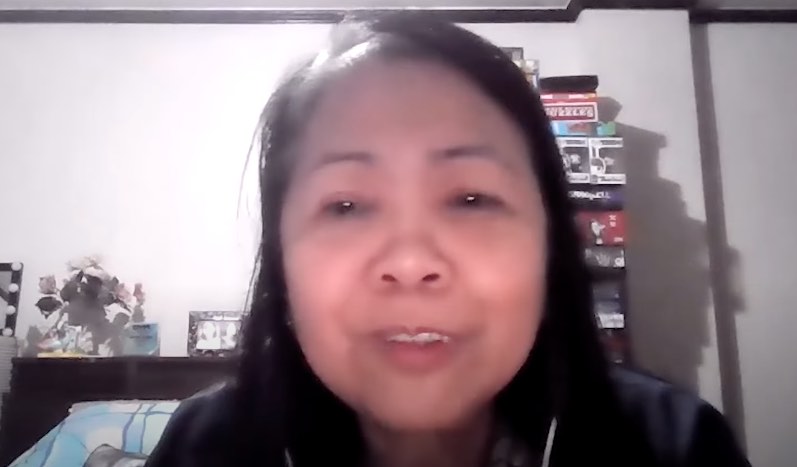Evelyn Laurito
Educator | Phillippines
"I imagine that if I had this when I was a student years ago, it would have been so much fun learning not only from the teacher, but discovering more which, probably, the teachers themselves did not know."


Educator | Phillippines
"I imagine that if I had this when I was a student years ago, it would have been so much fun learning not only from the teacher, but discovering more which, probably, the teachers themselves did not know."
Sara Sezun | MIT OpenCourseWare
“The online courses I am augmenting my teaching with are very helpful. More content for less work helps me concentrate more on the teaching.” For the past several years, Evelyn Laurito has been using OCW materials in her classes. A Professor of Chemical Engineering at the University of Santo Tomas in Manila, Philippines, Laurito has been teaching for more than thirty years.
Approximately ten years ago, the University of Santo Tomas faculty decided to incorporate Blackboard into their classrooms. A software program designed for traditional residential classes, Blackboard allows instructors to add online content to their class materials. Laurito served as Content Development Manager for this initiative. After learning about OCW from the Internet, she recommended it to her fellow faculty members. “I gave presentations to our faculty and would always say, ‘They don’t have to reinvent the wheel,’ because the website provides open courses where they can find very useful materials for their lectures.”
Laurito teaches mostly undergraduate chemical engineering courses including Plant Design, Particulate Technology, and Environmental Science and Engineering. Over the years, she has utilized OCW materials from courses on the environment, ecology, and wastewater treatment. Laurito’s first experience with OCW was through an Introduction to Chemical Engineering course. She says, “I just linked my resources in Blackboard there, and I did not have to do much preparation for materials for teaching, because it was already fairly complete.” By saving time in lesson preparation and explanation of concepts, Laurito can spend more time in direct interaction with her students. “I can just assign it (OCW readings) to my students and then ask questions during class, a sort of flipped classroom.”
Along with her regular course load, Laurito co-teaches “Globalization: A Multi-Disciplinary Perspective.” This online course is organized by the International Council of Universities of St. Thomas (ICUSTA), of which Laurito’s school is a member. ICUSTA students from a variety of fields, such as business, international relations, and engineering, take the class to gain an international perspective on issues related to globalization. The course is divided into twelve modules, all taught by professors from ICUSTA schools. Laurito teaches a module called “Current State of the Global Environment and Energy Resources.”
At the moment, Laurito is utilizing OCW materials for her Industrial Waste Management and Control class, which she describes as a “web-enhanced course.” In addition, Laurito finds OCW useful in keeping knowledge of her field current. She says, “I continue to check out new courses offered by MIT and download them.”

